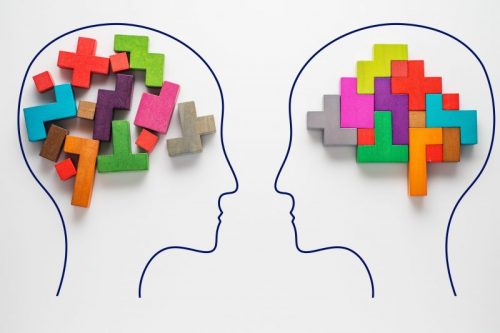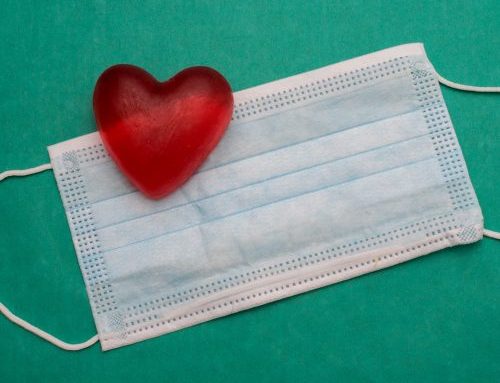An ADHD diagnosis can feel overwhelming. Hopefully, you have worked with a friendly and thorough psychologist who has made the testing process comfortable and easy for you. Now that an ADHD diagnosis has been made, it can evoke many feelings for the person diagnosed and their family. Parents might experience relief at finally having answers for their child’s behavior while at the same time being overwhelmed with what to do next. A child might feel understood and known for the first time in his life or could be confused as to why he is different from his peers. Others may feel sadness, confusion, shame, or even anger is learning about this new diagnosis. Therapy can help you and your child sort through all of these emotions, as well as providing much more.
How will Individual Therapy help?
Treatment for ADHD often includes individual and/or family therapy to help a person and their family explore the many thoughts and feelings surrounding this diagnosis and where to go next.
Many people with ADHD find tremendous benefit from individual therapy. Individual therapy is tailored to each person’s unique situation and can provide tools in symptom management, behavior modification, and self-knowledge of personal strengths and weaknesses. Another goal of treatment for ADHD is to help the person develop a healthy sense of their own value and worth. It is important for a child to feel supported, loved, and accepted for all of who they are and that includes ADHD, while at the same time understanding that they are more than just a label.
In therapy, your child’s counselor can work directly with your child on specific skills that may not come to him or her naturally, and then share these skills with parents for parents to use at home. For example, it is often helpful for a child with ADHD to take ‘body breaks’ while doing their homework, and it’s important for parents to have boundaries and have their child complete homework within a reasonable time frame. Your child’s counselor may suggest using a timer, if appropriate, and when the timer goes off, allowing your child to choose from one of several ‘active’ activities to get the wiggles out then returning to homework. With the results of your child’s psychological testing in front of them, your child’s counselor will be able to make informed decisions about what skills are best to help make your child and your family’s life a little easier, without relying solely on medication.
Is Family Therapy also necessary?
For parents and families, it is important to begin learning more about the diagnosis and helping their child set up structure and routine in their daily life to be more organized and predictable, both when things are going well and when they aren’t. Your family counselor can answer questions for the entire family regarding your child’s diagnosis, as well as help siblings understand why their brother or sister is behaving a certain way. By understanding how your child’s brain is working differently, it can help you to understand why they may have behaved in a way that seems irrational to you. A helpful family counselor, or if appropriate, regular family sessions with your child’s counselor, can help everyone to communicate better.
Therapy can help parents learn different techniques to address a child’s behaviors. When the child stays on task, listens, does their chores, etc. they will be rewarded. Parents can also set up this system of rewards in a visible place in the house so that the child can see and know their progress. In addition to being able to implement the skills your child is learning in his or her individual treatment, you can learn skills which can come in handy when parenting a child who has more energy or is going to struggle to stay on task when asked to clean their room. Treatment can also include attention exercises, mindfulness activities to address impulsivity, social skills training (we have a group for that!), and coping strategies to help kids avoid their old, disruptive patterns of behavior. The more consistency we can give your child between home and our office, the better.
Although an ADHD diagnosis is more often given to children, adults can also experience these symptoms and benefit from testing and treatment through individual therapy. For adults, treatment is focused on maintaining structure in their life and improving relationships. If you are an adult struggling with ADHD, you may find a counselor can help you find strategies to help you succeed in your continuing education and career as well. A benefit of counseling as an adult is you are often able to voice more clearly what you are struggling with, and so your counselor can help you break unhealthy habits from undiagnosed ADHD, while replacing those with healthy choices and the more productive patterns of life you’d like for yourself.
If you would like to learn more about being tested for ADHD for yourself or for your child, contact our front desk at 720-489-8555 and we will be happy to provide you with more information or set up an appointment. If you are hoping to receive an official diagnosis of ADHD through psychological testing, or rule out other possible diagnoses, read more about our psychological testing process.





